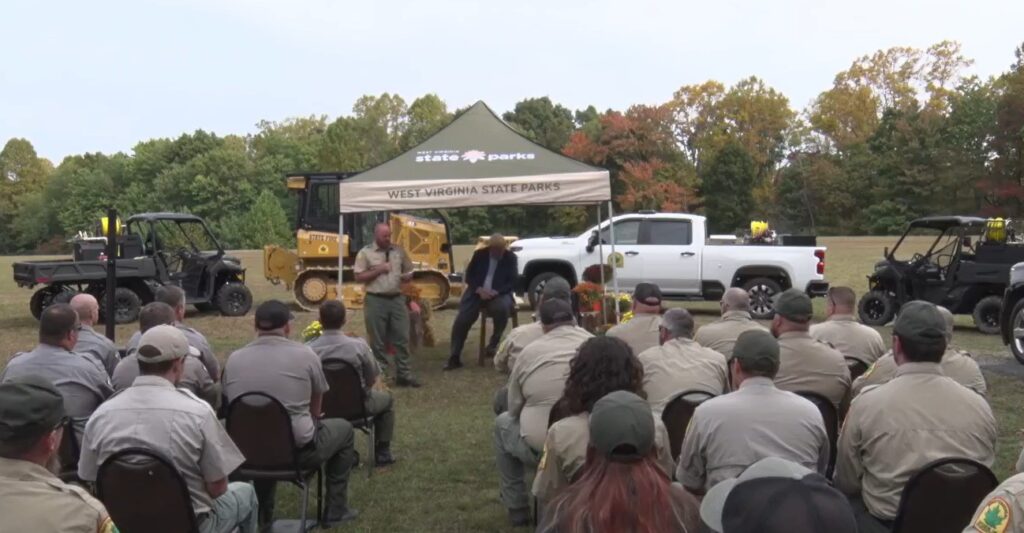 |
Robert Tutterow |
They might be among the worst of the worst – snake oil salespeople trying to capitalize on the cancer epidemic among firefighters.
In recent months, I have been made aware of at least three companies/individuals making bogus claims. Every firefighter should be on alert for products and services that are being falsely touted to prevent or minimize the risk of cancer.
Firefighter Soap
Earlier in the year, I was made aware of a company using one of the company startup programs on the Internet to raise money for a soap especially formulated for firefighters to remove the byproducts of combustion from the body. Naturally, this piqued my interest, and I took a close look at the company’s Web site. Immediately a red flag was raised when I saw all the different fragrances offered. This just did not pass the “smell test” (pun intended) in my mental processing system.
As I scrolled through the Web site, I noticed that part of the revenue generated by those who contributed would be donated to the Firefighter Cancer Support Network (FCSN). Being fortunate enough to know people directly affiliated with the FCSN, I immediately contacted them to see what they knew about this product. They knew nothing about it, and they immediately contacted the company. Within a couple of hours, the reference to the FCSN was removed from the Web site. Apparently, the FCSN raised a few questions to this company that it could not answer, and the site was taken completely down a few hours later.
Miracle On-Scene Cleaner
A few months ago, I had an opportunity to observe a live fire training session at an acquired structure. At this training fire, there were a couple of people touting a cleaner to decontaminate personal protective equipment (PPE) while on the scene. The firefighters were sent to a designated area, before entering rehab, to be “decontaminated.” The firefighters kept their PPE on while they were sprayed with a garden-style sprayer with an agent that was touted to decontaminate the gear.
Because of my interest in PPE and focus on minimizing the risks of cancer, I naturally had to ask a lot of questions. Does it really work? Has it been proven to work? Does it harm the PPE? Are there other health risks to the firefighter? Does it harm the environment? Has it been approved for use by any of the PPE manufacturers? Unfortunately, there was no substantiation of the claims being made – at least by those applying the product.
Though skeptical, if by chance the product did what it claimed without any other adverse effects, this was going to be one great product for the fire service. Of course, a red flag was raised as, like the firefighter soap, this did not pass my “smell test.”
I was able to get the name and contact information of the head of the company that made the product. At the close of the training session, I immediately called this person. I told him who I was, a little bit about my background, and that I was a member of the National Fire Protection Association (NFPA) technical committee responsible for NFPA 1851, Standard on Selection, Care, and Maintenance of Protective Ensembles for Structural Fire Fighting and Proximity Fire Fighting.
He “pretended” to be excited to hear from me. I told him the type of information I was seeking, and he said he did not have time to talk at that moment but definitely wanted to speak with me in detail. We set up a time for the following day for me to call him. I called promptly at the designated time and before I got to my first question, he told me that federal agents had just come into his office and he would call me back later – true story. I’m still awaiting that call. I tried to call him back on several occasions, but I was never able to reach him again.
Cancer-Preventing Hoods
Many of you have probably heard about the new firefighting hoods with barrier protection to minimize the particulates that migrate through hoods. Research has proven that the neck area is the most vulnerable to contaminants because of the thinner hood material. A couple of manufacturers have introduced a barrier material that several hood manufacturers have embraced and made available to customers. Unfortunately, one hood manufacturer’s dealer boldly stated that its hoods would “prevent cancer.” Holy crap!
I don’t mention this to knock barrier hoods. I applaud the research that has been done to develop barrier materials and fully support the ongoing research to learn more about them. I have no problem hearing they can minimize the risks to carcinogen exposures, but to state they “prevent cancer” is a total sham.
There have been, and will be, multiple companies trying to jump on the firefighter cancer epidemic to make a quick and easy dollar. Beware of the snake oil salespeople. There is a lot of ongoing research in this area, and more information is being made available almost daily. Be sure the information you are receiving is science-based. However, there is no need to “wait and see” before doing anything. Simply observe good, sound, basic personal hygiene recommendations and follow the recommendations of nationally recognized organizations that have strong credibility in this field. Organizations like the FCSN and scientists from reputable research universities are great sources of information.
ROBERT TUTTEROW retired as safety coordinator for the Charlotte (NC) Fire Department and is a member of the Fire Apparatus & Emergency Equipment editorial advisory board. His 34-year career includes 10 as a volunteer. He has been very active in the National Fire Protection Association through service on the Fire Service Section Executive Board and technical committees involved with safety, apparatus, and personal protective equipment. He is a founding member and president of the Fire Industry Education Resource Organization (F.I.E.R.O.).

